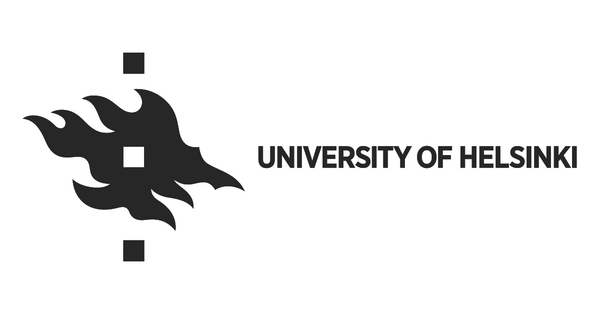University of Helsinki: More guidance counsellors at the University – students get easier access to low-threshold support
In March 2022, three new guidance counsellors joined the staff of the University of Helsinki: Hanna-Maaria Saarinen, Sanna Siirilä and Johanna Vuori. Now there are altogether five guidance counsellors, and more recruitments will be made in the autumn.
Students can visit guidance counsellors to talk about the progress of their studies, their study-related choices, time management and study techniques, for example. The goal of the guidance counsellors is to support students in finding their strengths and motivation and provide tools for smooth study progress.
Other areas of life can also be discussed.
– With us, you can discuss matters related to your studies but also your own coping and wellbeing in general. You can contact us in many kinds of issues and together we can think about how to proceed from there, Sanna Siirilä describes.
Low-threshold encounters
Guidance is provided both on campuses and remotely and does not necessarily require booking an appointment. According to the student’s needs, a follow-up meeting is agreed with the student or the guidance counsellor refers the student to other guidance and wellbeing services.
– Drop-in guidance has received very good feedback and we have decided to continue it in the autumn, says Siirilä.
The guidance counsellors emphasise that students can come to talk to them even if they cannot immediately put their worries into words.
– It may be easier to start resolving the situation with a guidance counsellor. It is important for us to establish a profile as a low-threshold service that is easy to approach and familiar to the students, emphasises Saarinen.
Help offered by SMS
The coronavirus pandemic has hampered studies and increased the need for support. There is an ongoing pilot project in which support focuses especially on delays in studies and dropping out and which seeks to alleviate students’ feelings of being left coping alone, among other things.
– We can help students see that they are not alone and we will help them get back to studying, Siirilä describes.
In the pilot, the guidance counsellors contact students mainly by SMS and offer them an opportunity for a remote or in-person meeting. Contacting has been launched in individual degree programmes in many faculties: the Faculties of Theology, Arts, Educational Sciences and Pharmacy.
Students have been contacted on the basis of their credit accrual and the stage of their studies, for example. The aim is to identify students who may need support to advance their studies and to lower the threshold for asking for help.
– Contacts can be considered important because students have got back to us and felt that the SMS is a nice way for the University to contact them, says Saarinen.
The first guidance meetings have already been agreed on. Starting from autumn 2022, small group activities will also be increased.
The pilot is part of the Student guidance and wellbeing development project (2021–2023), which is financed with funding received from the Ministry of Education and Culture and the University’s own strategic wellbeing funds.

